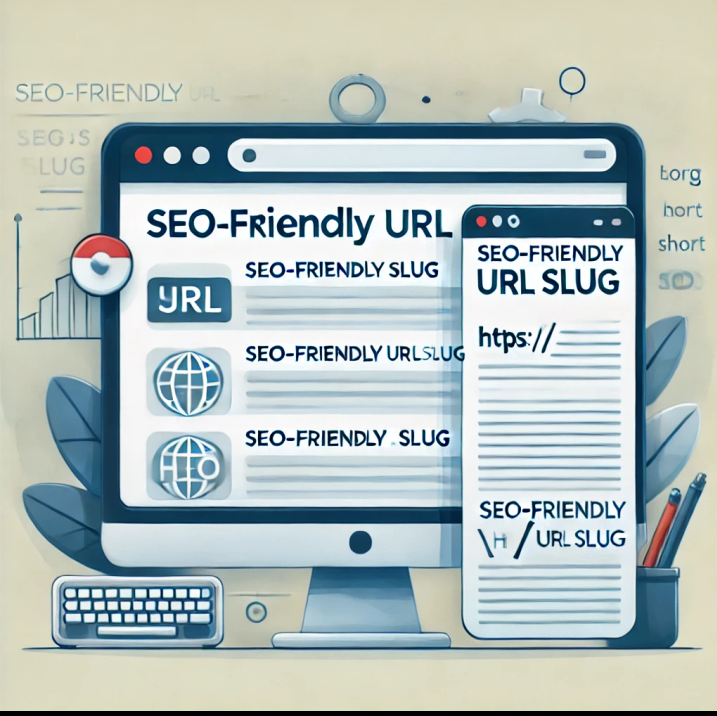Making SEO-Friendly Slugs for Sngine

Making SEO-Friendly Slugs for Sngine
When it comes to SEO, the structure and length of your URLs play a critical role in your site's search engine ranking. Sngine, like many content management systems, automatically generates slugs for posts, blogs, and market listings based on the title of the content. However, these automatically generated slugs often end up being too long and not SEO-friendly, making it harder for search engines to index and rank your pages effectively.
The Problem with Long Slugs
Slugs are the part of the URL that comes after the domain name and are typically used to represent the title of the page or post. For example:
https://yourwebsite.com/blog/this-is-an-extremely-long-blog-post-title-that-is-not-optimized-for-seo
While this may be descriptive, it’s far too long for a URL. Long URLs can:
- Be difficult for users to remember and share.
- Lead to truncation in search engine results.
- Harm SEO, as search engines may not fully crawl the URL due to its length.
- Look unprofessional and cluttered in the browser’s address bar.
Why Slug Length Matters for SEO
A concise and descriptive slug helps with both user experience and SEO. A good URL slug should:
- Be short and descriptive, ideally between 3 to 5 words.
- Contain keywords relevant to the content of the page.
- Be easy to read and remember for users.
Google and other search engines prefer URLs that are easy to understand, meaning that a URL slug that reflects the content of the page in a few concise words is better than a lengthy, complex one.
Adjusting Sngine’s Slug Generation
By default, Sngine generates slugs based on the post title, which can result in overly long URLs. Fortunately, you can tweak the get_url_text() function in the includes/functions.php file to generate shorter, SEO-friendly slugs.
How to Change the Slug Length in Sngine
1. Locate the Function: Open the includes/functions.php file and look around line 7366 for the following function definition:
function get_url_text($string, $length = 10)
2. Modify the Slug Length: To make your slugs shorter and SEO-friendly, change the $length parameter to a lower value. I recommend using 5 words as a reasonable length, as it provides enough descriptive detail while keeping the URL short.
Change the function definition like so:
function get_url_text($string, $length = 4)
This will ensure that Sngine slugs are limited to the first 4 words of the title, making them more concise and better suited for SEO.
How Many Words Should Be in a Slug?
When deciding how many words your slugs should contain, I recommend using 4 to 5 words. This length strikes a good balance between descriptiveness and conciseness. Here’s why:
- 4 to 5 words allow you to include relevant keywords that improve SEO.
- Shorter slugs are easier for users to read, type, and share.
- Keeping it concise avoids the problem of overly long URLs that search engines may truncate.
Examples:
Let’s say you have the following post title:
"How to Optimize Your Website for Search Engines in 2025"
Current Slug (Too Long): optimize-website-for-search-engines-in-2025
Recommended Slug (SEO-Friendly): optimize-website-for-search
This shortened version keeps the most important keywords while making the URL cleaner and more SEO-friendly.
By adjusting the slug generation function in Sngine to use 4 or 5 words, you can create SEO-friendly URLs that are easier to read, share, and remember. This small tweak will improve your site's performance in search engine rankings, enhance user experience, and help your content stand out in search results.
- Seo
- WOWonder
- Sngine
- Marketing
- Frameworks
- Film
- Fitness
- Food
- Games
- Gardening
- Health
- Home
- Literature
- Music
- Networking
- Other
- Party
- Religion
- Shopping
- Sports
- Theater
- Wellness


